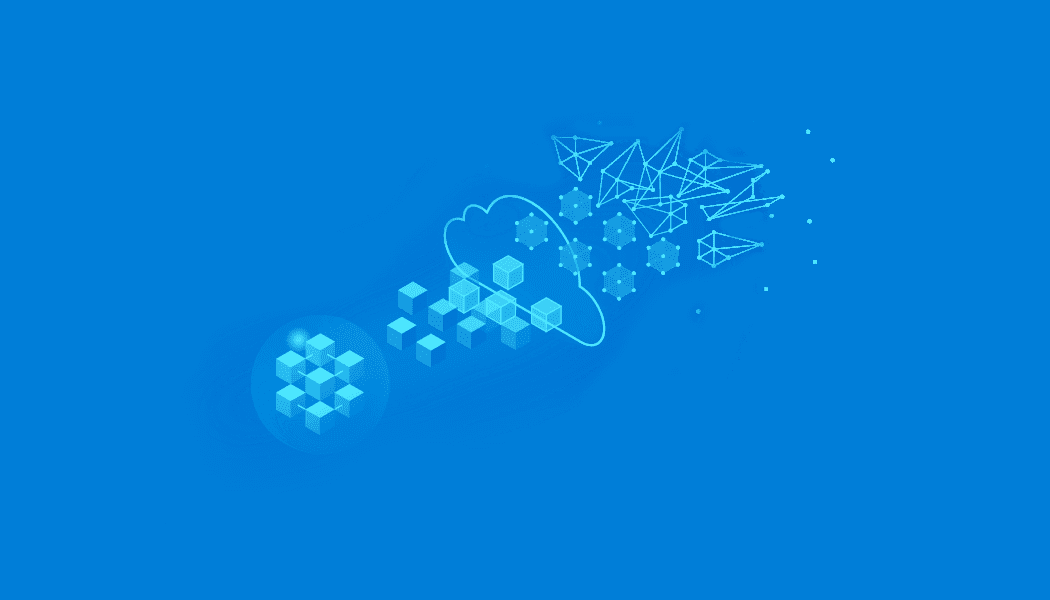Ahead of the Microsoft Build 2019 Developer Conference, the tech giant is rolling out a number of new tools and services to help developers and enterprises to harness the potential of artificial intelligence (AI).
“AI is fueling the next wave of transformative innovations that will change the world. With Azure AI, our goal is to empower organizations to apply AI across the spectrum of their business to engage customers, empower employees, optimize operations and transform products,” wrote Eric Boyd, Corporate Vice President, Azure AI, in a blog post.
Project Brainwave’s Azure Machine Learning Hardware Accelerated Models are now generally available. Announced for a preview last year, it helps in speeding up the training of AI models. Further, Microsoft has pushed the preview of these models for edge computing, in collaboration with Dell Technologies and HPE.
The company is adding support for ONNX Runtime for NVIDIA TensorRT and Intel nGraph to provide high-speed inferencing on NVIDIA and Intel chipsets.
Azure Machine Learning service is getting new capabilities to allow developers, data scientists, and DevOps professionals to increase productivity, operationalize models at scale, and innovate faster. For instance, there is an automated machine learning UI that will allow customers to train ML models just with a few clicks.
Azure Machine Learning will also have a zero-code visual interface, and notebooks to provide developers and data scientists a code-first ML experience.
The hardware accelerated models are also becoming generally available in Azure Machine Learning. These models run on FPGAs in Azure for low-latency and low-cost inferencing. For Databox Edge, it is currently available in preview.
The Machine Learning service is also getting MLOps or DevOps for ML capabilities. These capabilities include Azure DevOps integration to enable Azure DevOps to be used to manage the entire ML lifecycle.
Also read: Microsoft Teams PowerShell module now up for grabs
Furthermore, Microsoft is also previewing a new service called Azure Open Datasets to help customers improve the accuracy of ML models using rich, curated open data and reduce the time spent on data discovery and preparation.








